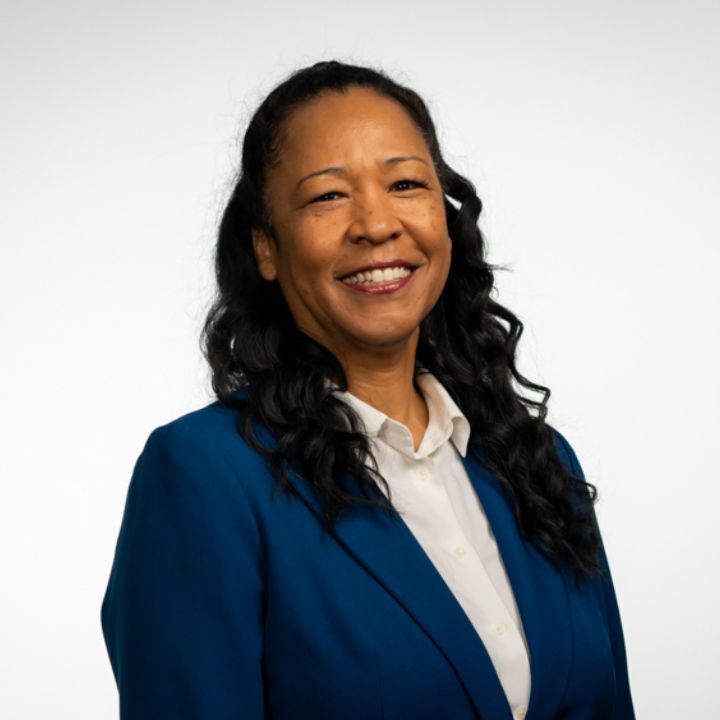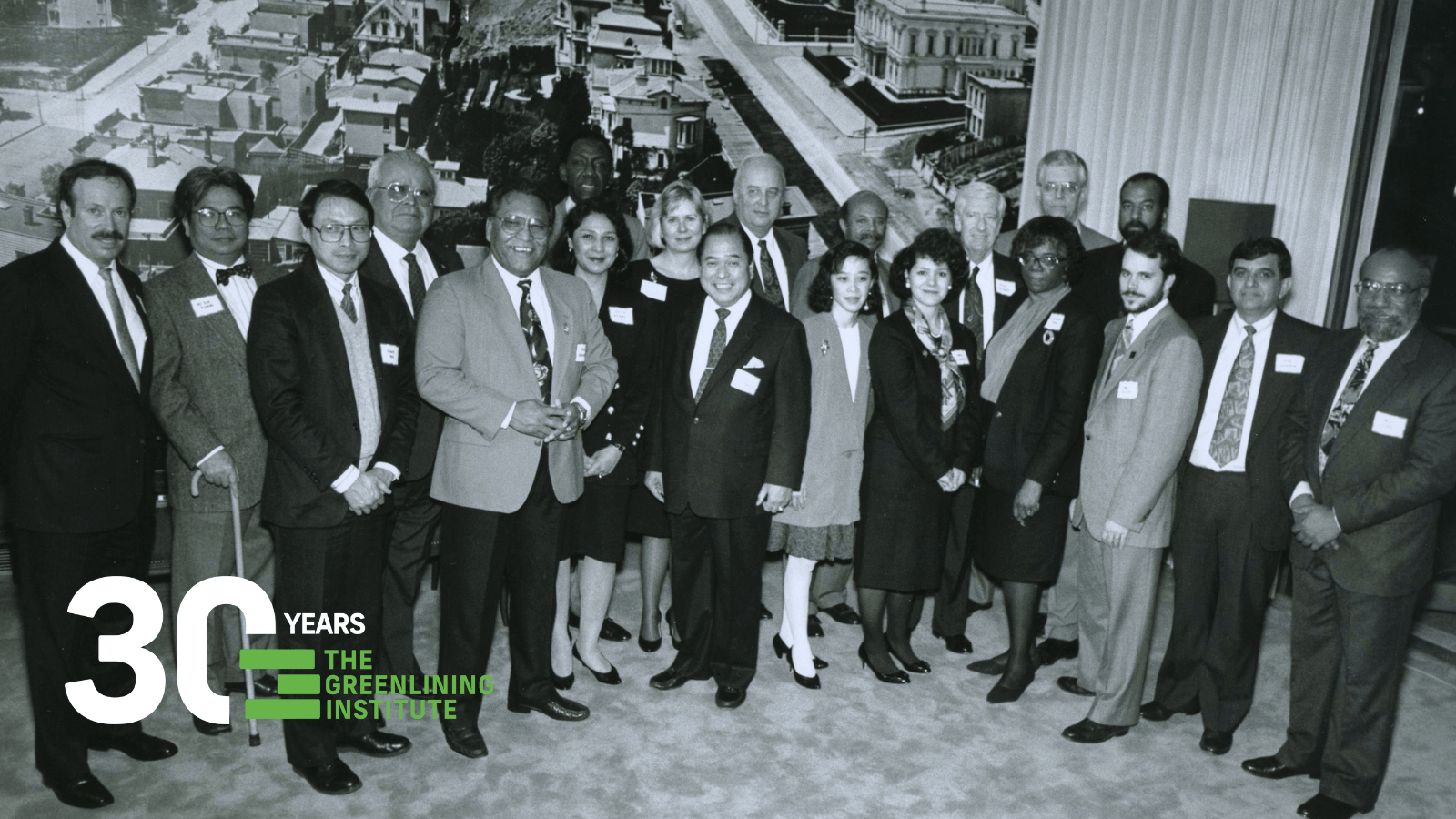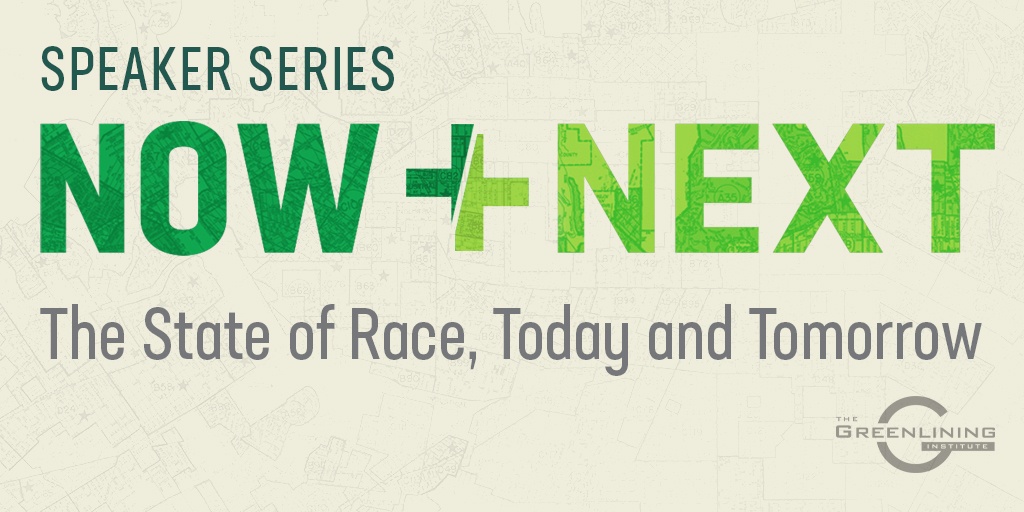Beyond Reparations and The Case for Black Prosperity

Reparations shouldn’t be controversial, but it is. Racial equity shouldn’t be controversial, but it is. The work of racial equity is fundamental to the work of reparations. In order for our country to realize our vision for a more perfect union, we need acknowledgement of the harm done in the past, the continued harm through active policies, and remedies that include a new economy that benefits all, not just a privileged few.
The pushback against reparations and racial equity, underscores, once again, the stranglehold white supremacy has over this country. This erasure of Black history instead of the reckoning we need to move forward and thrive.
That is why the work of California’s Task Force on Reparations is important. The task force’s mandate is not just about acknowledging the painful truth that the foundation of our country’s economy is built on slavery. It is also about making concrete recommendations for appropriate remedies and educating the public of the task force’s findings.
Their work seeks to materially account for the harms imposed on, and extracted from Black people through this country’s original sin of slavery. And, they work to recognize that the labor of Black people, the essence of Black productivity, has endured a succession of compounding injuries over many generations.
We know that reparations are not only possible, but also necessary, thanks to visionaries like Callie House who helped found the National Ex-Slave Mutual Relief, Bounty and Pension Association–which filed a class-action lawsuit for $68 million (equivalent to $1.65 trillion today) due to plaintiffs because of the amount of cotton produced by them and their ancestors as result of involuntary servitude. This was the first documented Black reparations litigation in the United States.

WE BOTH NEED THE KIND OF JUSTICE OFFERED THROUGH REPARATIONS TO HEAL OUR COUNTRY AS WELL AS THE NEED TO PUSH FORWARD WITH A ‘BOTH/AND’ MENTALITY, NOT A ‘NEITHER/NOR’ DEFICIT MINDSET.
Those of us in the fight for racial equity know the statistics: white people have ten times the wealth of Black people and the wealth gap is growing wider every year. We also know that if we are not vigilant, the same inequities will continue to take new forms in technology, in climate readiness, and economic impacts.
We also know that equity is not just a commitment – it is a practice. Equity is transforming the behaviors, institutions, and systems that disproportionately harm people of color, low-income communities, indigenous peoples, tribal nations and immigrant communities.
EQUITY ALSO MEANS INCREASING ACCESS TO POWER, REDISTRIBUTING AND PROVIDING ADDITIONAL RESOURCES, AND ELIMINATING BARRIERS TO OPPORTUNITY.
It’s easy to fall into that zero sum mindset, especially during times of excruciating strain, like a global pandemic and economic crisis. But we outright reject the scarcity model that pits communities of color against each other to fight for scant crumbs when, together, we can create a bigger pie. According to The Economic Impact of Closing the Racial Wealth Gap the racial wealth gap constrains the U.S. economy and will cost between $1 trillion and $1.5 trillion between 2019 and 2028.
A rising tide lifts all boats.
With COVID laying bare the profound, structural inequities in our society, we need to rebuild the economy in a way that ensures Black prosperity along with prosperity for communities of color to thrive for generations. We need to shape a new anti-racist economy, not rebuild the old one. We need to greenline the entire economy.
And we can look to Black leaders for guidance and wisdom. From our ancestors who endured the worst of humanity and still they rose, to examples of Black excellence in the leaders all around us: we stand on the shoulders of giants.
Giants of innovation, radical imagination, Black joy, and hope.
This is where I draw my hope that guides our work.
This Black History Month and every day that I come to work at The Greenlining Institute, I am buoyed by the teachings of generations before us and by the courage of our leaders who know that when we lead boldly with equity and center our communities, we can and will prosper.




